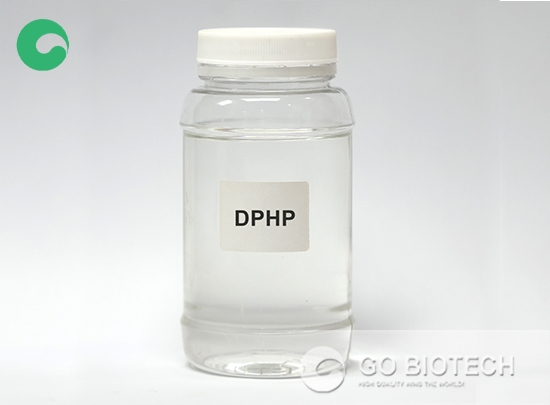In my exploration of the automotive industry, I have observed a growing reliance on DPHP (Dioctyl Phosphate) as a high-performance plasticizer. This compound is increasingly appreciated for its low volatility, which significantly reduces potential emissions from the interior materials of vehicles.
One of the most impressive attributes of DPHP is its capability to withstand high temperatures without degrading. This characteristic is crucial for automotive components, where exposure to heat is inevitable. For instance, DPHP maintains its performance integrity in engine compartments, providing reliable functionality and longevity.
Moreover, DPHP's low-temperature adaptability makes it an ideal choice for internal car elements exposed to varying climates. This property ensures that materials remain flexible and durable even in extreme cold, hence enhancing user comfort and safety.
In conclusion, DPHP stands out as a vital player in modern automotive manufacturing. Its unique properties of low volatility, heat resistance, and adaptability to cold conditions not only enhance the performance of automotive parts but also align with the industry's sustainability goals, delivering superior quality and safety to consumers.

